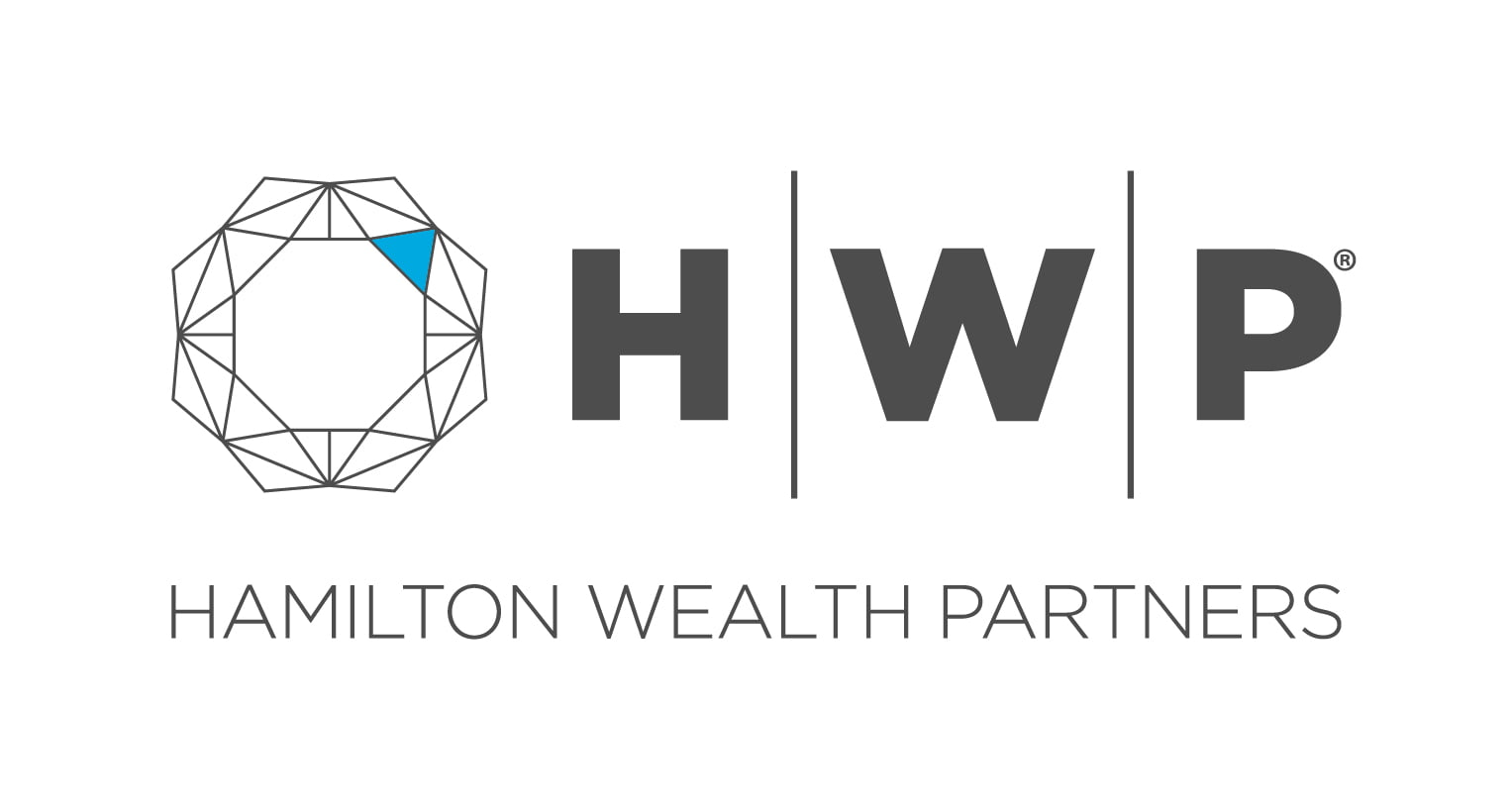We believe there is a strong theme supporting the economy and markets currently, namely the weight of cash or liquidity in the system.
There is justifiable concern about Evergrande and slowing growth in China, energy prices, inflation and supply line constraints. Any market weakness is however met by a wall of buying as cash on the sidelines comes in and provides support.
We have analysed the areas of concern and it is worthwhile discussing them further to put them into context.
CHINA.
With respect to China, we believe Northcape Capital is a great reference point given their long held conservative view on China.
Northcape makes the following points:
• Evergrande’s direct borrowing stood at RMB572bn (US$88bn) as at 30 June, 2021.
• This debt only accounted for 8bps of bank sector loans, 4bps of onshore bonds, or 1.2% of trust AUM
(Source: BAML).
• Evergrande’s direct bank debt default is not a big systemic risk to the banking system.
• Nevertheless, Evergrande’s total liabilities currently stand at RMB2.0tn and are nearly 2% of China’s
GDP, which is a material factor.
• Of the RMB2tn of liabilities, RMB1tn are trade payables to over 8,000 supply partners.
• Default of payables is a key issue as the knock-on effect could have a systemic effect.
• unfinished projects traverse China (in over 220 cities) and undelivered contract sales to nearly 2mn
home buyers are also risks for social stability.
Northcape does not see Evergrande as a “Lehman moment” but the situation warrants attention. Last month the Chinese government stated that risks to the financial system stemming from the developer’s struggles are “controllable” and unlikely to spread.
There is a fear of contagion after Fantasia Holdings Group defaulted and Sinic Holdings Group warned it may imminently default. Given the Chinese government’s assurances, it is the possibility of contagion outside of China that needs to be watched closely as the Chinese Government has no control over that.
ENERGY PRICES.
Energy Prices have risen sharply of late and much has been written about petrol shortages, in particular in the UK. Hurricane Ida in the US has temporarily depressed supply and Angola and Nigeria have struggled to increase supply in line with their quotas.
Extreme weather conditions around the world have boosted demand and have contributed to the outages which have struck several LNG plants. Extreme weather has also increased demand for coal, as well as affecting China’s supply, which has been limited by policy decisions at the same time.
Supply constraints caused by extreme weather are only short term and production will eventually increase in the new year. The OPEC output cuts that were introduced in 2020 will be phased out late in 2022.
The higher prices will also encourage production by non-OPEC nations such as the US.

INFLATION.
While inflation is being watched globally, most concern centres on the United States where the most recent reading was 5.3 per cent, well above its average for the last decade.
Whilst we still believe that inflation will be transitory, our belief is wavering somewhat. Anecdotal evidence from clients and equity analysts of substantial increases in input costs suggest that these may not go away as quickly as hoped.
Furthermore, the US unemployment rate is now below CPI and average weekly earnings are increasing. This is being called “the great resignation” i.e., employees are resigning to gain wage increases as their economy reopens, this creates a wage spiral. We believe we will experience the same in Australia and there is already evidence of this in the growing wages of professional staff.
The UK is also experiencing this, the Economist recently reporting that the shortage of hospitality staff and labourers there is pushing up wages. Wage price inflation is dangerous and would lead to more systemic inflation, creating a vicious cycle.
GDP GROWTH.
Global growth expectations are easing but our asset allocation consultants, Heuristic, point out that this is from a very strong base last year of 5.9 per cent. Global supply constraints, rising energy prices, Evergrande concerns and the continued uncertainty around Delta mean that US GDP growth is expected to ease to around 4.2-4.3 per cent.
GDP figures at these levels do however remain above trend and that is a little worrying.
WHERE TO FROM HERE?
Against this, the Q3 reporting season in the US has begun strongly. This is providing support for equity valuations and bringing buyers into equity markets.
A client asked us just last week why the RBA is not increasing interest rates yet. The RBA has said that interest rates won’t move up until 2024 but it is not as simple as that. A decade of quantitative easing has blurred the lines between fiscal and monetary policy and in practice a gradual removal of stimulus has begun, with the RBA reducing the amount of Government Bonds it buys from the market each month.
While equity markets were more volatile in September and October, any weakness was short lived. Why? Because growth is still strong, interest rates are low (yes, the next move is up but still some time away) and there is a lot of cash on the sidelines, be it from dividends, M&A activity or increased savings.
This is understandable but we have talked many times about our fear of complacency in equity markets. Hopefully we are not seeing that now.
If you have any queries, please do not hesitate to contact Will Hamilton, John Green, Kane Baranow or Michael Turner.


Login to …